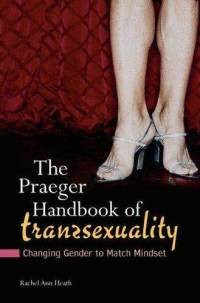Serendip is an independent site partnering with faculty at multiple colleges and universities around the world. Happy exploring!
Blogs

Class Slam -The Final Question
So over the past weeks I've been feeling differently about how our society is. I'm beginning to believe that nothing can change. I think that is what I wanted to express in my slam poetry last Sunday. I feel like most of time we forget that ESEM is just another required class and while this was a great class, taught by great teacher, that provoked so many ideas and emotions, I sit here wondering what will be different. These will only become memories that we carry along with the rest of our accumulating baggage and we will reflect back on it once in a while. But has it really touched any of us? Are the people who sat their quiet during this process suppressing their thought, hesitating what to let go and share with us, really any more open? Or are they that much more closeted? Are the people that came to this class oblivious of many classed ideas really feeling the empowerment? Or was it just one of those little 'take a chance' moments we tell our kids about one day? With my poem I wished to have people think about the question, can we really change? I think as a group, we described our class on 'class' the way the people in the world do - differently. All these differen't connections and emotions that fill up a room, that create tension, silence, noice, freedom; I though were all conveyed in our group slam. I just wonder if anyone really heard us.

Final Webpaper
This is an extension of my third webpaper: /exchange/node/11451
I have changed the names of the interviewees to First letter of first name (or initials) [dot] Initial (or hypen) noting gender [dot] abbreviation of school. So if I converted Kaye's information into this format, it would be K.F.HC. Anne would be A.F.BMC.
I also acknowledge that this project will be a work in progress and is not anywhere near finished, seeing as it's just barely started.

Entangling and Enabling: A handbook for BSA that encourages right relationships despite a disabling culture
For my final project, I chose to expand upon my third web event, which explored the idea of forming a right relationship between the Boy Scouts of American and the LGBTQ community. A restatement of my original introduction is useful in understanding the issue at hand:
“The Boy Scouts of America’s website is covered in testaments to the organization’s commitment to the betterment of America’s male youth. Its mission statement professes dedication to building active and conscientious citizens, its parent portal promises that it is the best organization to reinforce ethical standards and promote self-confidence, and its timeline gleams with the success of past service projects and awards from numerous presidents. What the website neglects to publicize, however, is perhaps the most telling statement of all about BSA’s moral and ethical belief system: the Boy Scouts do not allow openly gay members to join their ranks.”




